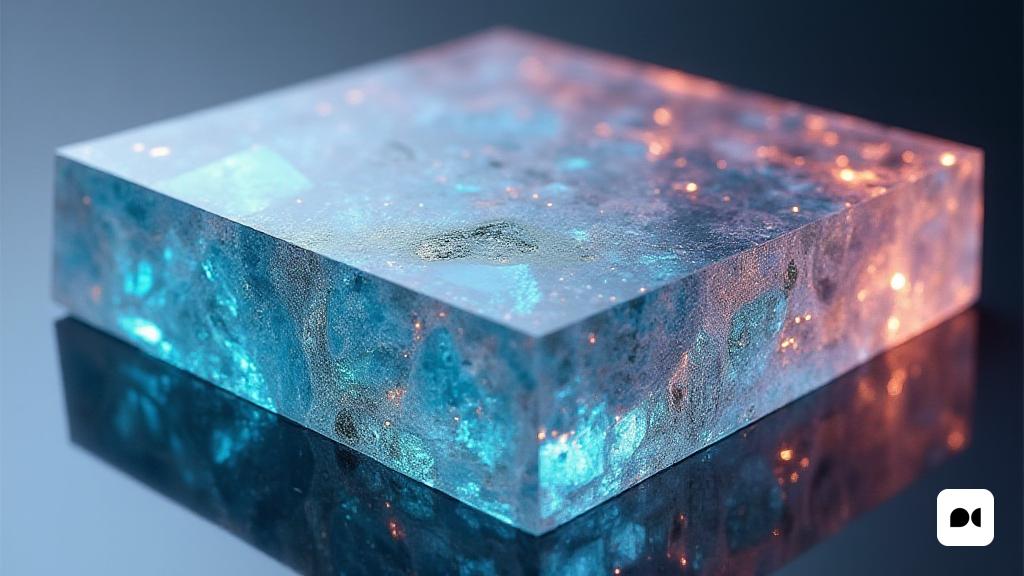The ceramic crystal: a revolution in materials
Ceramic crystal represents a remarkable advance in the world of materials, fusing the qualities of traditional ceramics with those of glass. This material, which is in a vitreous state during its manufacturing process, stands out for its remarkable thermal stability, resistance to shocks and its non-porous nature, which gives it exceptional durability.
Cerabyte: Leading the change in data storage
The company Cerabyte, originally from California, has broken molds in the field of data archiving. With its innovative technology based on ceramic crystal, Cerabyte proposes a solution that is not only economical, but also sustainable, allowing data centers to scale their storage capacity from petabytes to exabytes.
Sustainability and energy efficiency
Cerabyte officials emphasize that its persistent media technology allows data to be stored for long periods of time without requiring additional energy. This innovation is presented as a response to the growing needs of global storage, which are currently limited by expensive solutions that consume excessive energy resources.
A new era of storage
Cerabyte’s prototype uses an advanced system that uses millions of laser beams to etch nanoscale information, similar to QR codes, onto the surface of the ceramic crystal. This technique not only improves the storage density of current devices, but does so without the need for energy consumption, thus increasing efficiency.
Forecasts for the future
According to Cerabyte’s estimates, the cost of storage may be below one dollar per terabyte by 2030, a change that could radically transform the data storage landscape.
Data immutability and security
One of the great advantages of Cerabyte’s archiving system is its ability to prevent data degradation. Unlike traditional systems, which can suffer information loss over time, ceramic technology ensures an immutable record of the original data, an essential aspect in a world increasingly dependent on artificial intelligence.
The need for sustainable archiving
Christian Pflaum, CEO of Cerabyte, highlights the importance of sustainable archiving in the yottabyte era, where storage capacity will be key to managing the growing volume of data. His proposal not only seeks to reduce the need to migrate data, but also to minimize the energy footprint, a crucial factor in the face of the approaching data tsunami.

